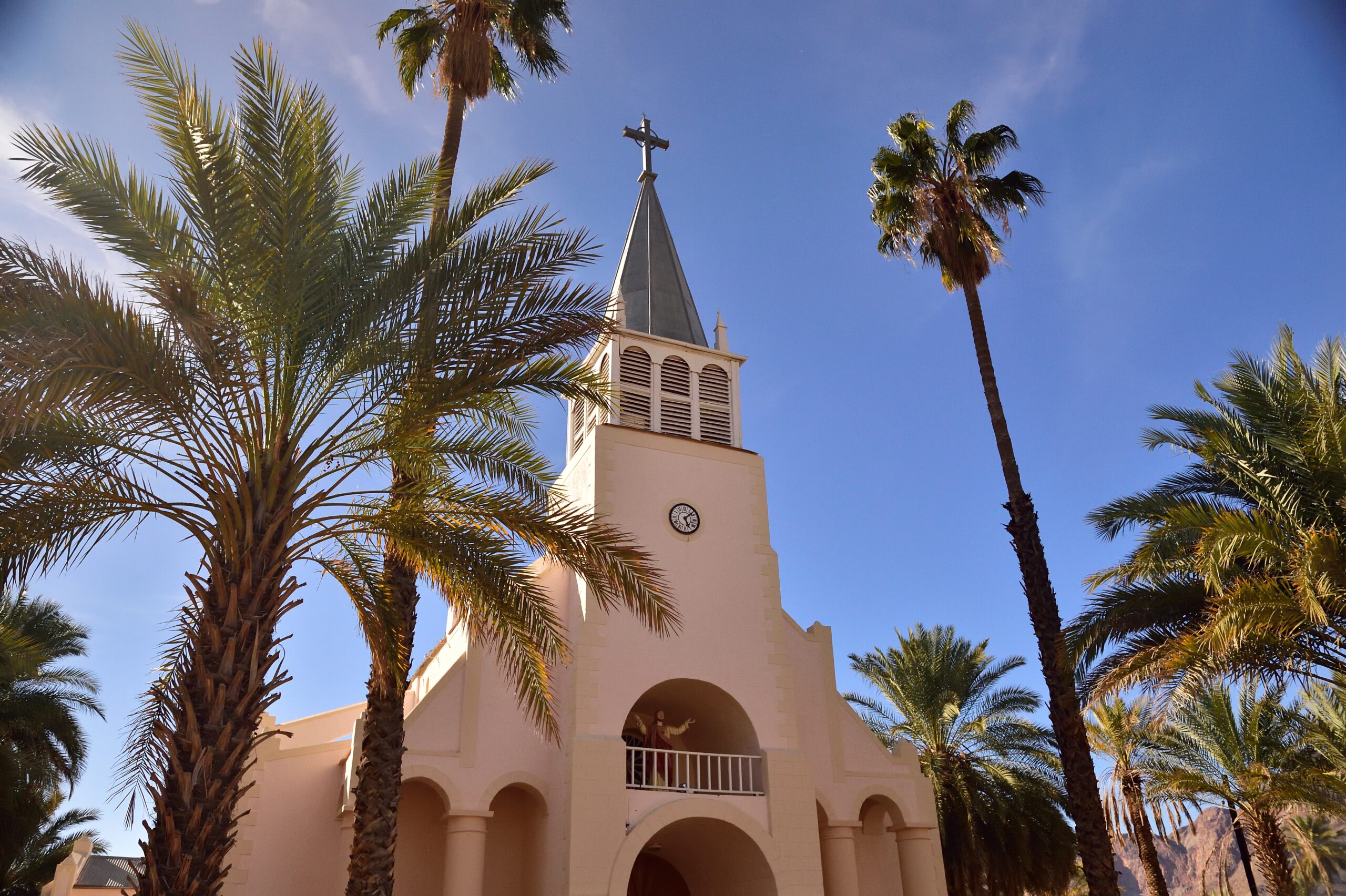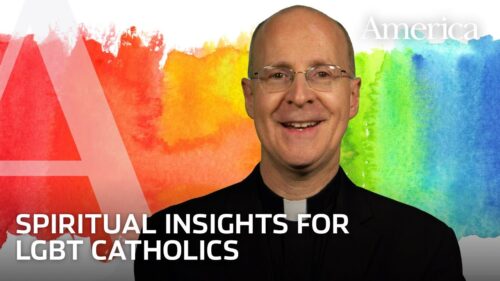In a marked divergence from the position taken by the continental symposium, the episcopal conferences of northern and southern Africa have permitted the prudent blessings of people in same-sex relationships.
The publication last December of “Fiducia Supplicans,” a declaration from the Dicastery for the Doctrine of the Faith on the pastoral meaning of blessings, unleashed a theological storm in the proverbial African calabash. The declaration permits the spontaneous non-liturgical blessing of same-sex couples and people in irregular marital situations.
On January 11, Cardinal Fridolin Ambongo, the president of Symposium of Episcopal Conferences of Africa and Madagascar (SECAM), published a statement entitled “No Blessings for Homosexual Couples in the African Churches.” The cardinal presented a consolidated summary of the positions adopted by various national and inter-territorial episcopal conferences across Africa in relation to the D.D.F. declaration.
One can only wonder why the SECAM statement very clearly omitted the positions of the bishops in northern and southern Africa.
The SECAM statement reads that the blessings proposed in the declaration cannot be carried out in Africa. To date, “No Blessings” has not been published on the SECAM webpage, but is available on the websites of several African dioceses.
However, the “consolidated summary” has omitted two outliers from its synthesis, namely the discernments of the Conference of Bishops of the Northern Region of Africa (CERNA) and of the Southern African Catholic Bishops’ Conference (S.A.C.B.C.). Both of these conferences advance a cautious application of the provisions of “Fiducia Supplicans.”
On January 15, at the end of their assembly, CERNA issued a final communiqué mentioning the three points: the synodal process, the life of the churches in the Maghreb region and the reception of the declaration. In common with other African episcopal conferences, the bishops reaffirmed the clear doctrine of the church regarding marriage and sexual morality. The northern African bishops also communicated with equal conviction their vision of a merciful God, whose love and grace are infinite and offered to everybody without distinction.
After a theological reflection, the bishops write, “When people in an irregular situation come together to ask for a blessing, it can be given with the condition that it causes no confusion for the people themselves or for other.” In particular, the CERNA bishops invite people to avoid polemics over the issue, and to promote anything that enhances communion and unity in the universal church.
The northern African bishops communicated their vision of a merciful God, whose love and grace are infinite and offered to everybody without distinction.
The southern African bishops are also consciously taking a different approach than SECAM. On January 31, the S.A.C.B.C. held a press briefing at the end of its week-long biannual plenary meeting. Among the topics addressed at the briefing were pastoral renewal after the Covid-19 pandemic, the catechetical formation of priests and its response to the declaration.
In the press briefing, the bishops reiterated their initial response to “Fiducia Supplicans” from December, stating that the doctrine of the church on marriage has not changed in any way and that “the suggestions offered by the declaration (FS) may be taken as a guide with prudence.”
One can only wonder why the SECAM statement very clearly omitted the positions of the bishops in northern and southern Africa. Catholics are a small minority among Muslims in the north, and among Protestants in the south. The anomaly highlights that nobody, no matter how well intentioned, should presume to speak on behalf of the entire continent approaching 1.5 billion people.



